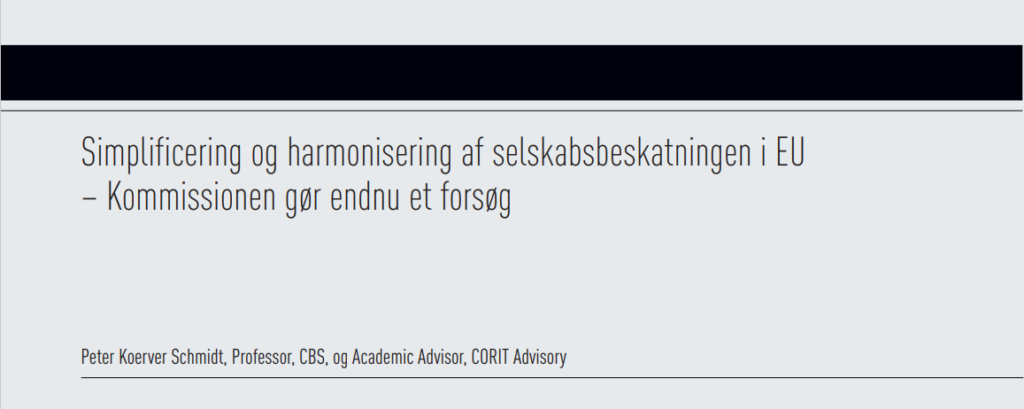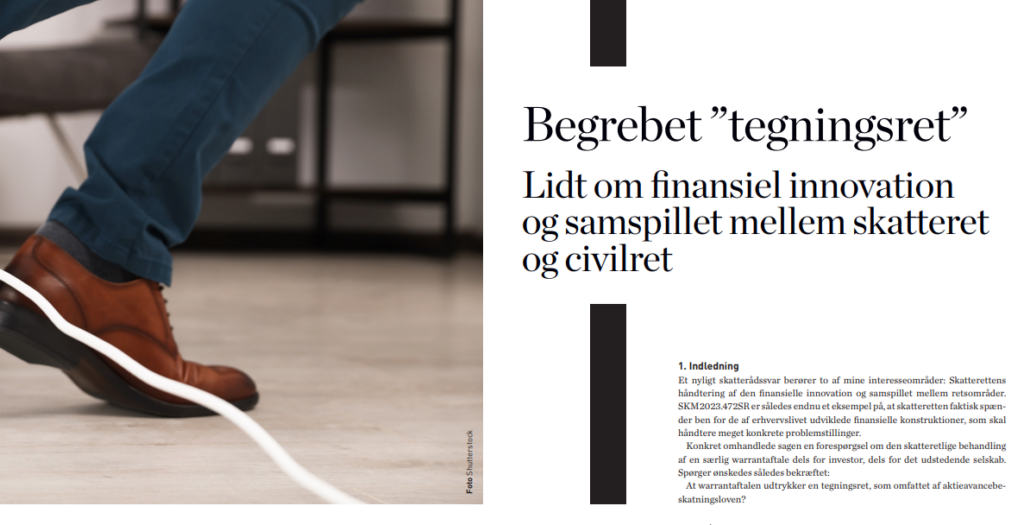In a newly published article in Tax Notes International, our managing director Jakob Bundgaard introduces a concept of private sector involvement in tax policy as a distinct professional services discipline in which private sector tax professionals can play an important role in the development of tax policy. At CORIT Advisory we are increasingly being engaged in international tax policy assignments.
Multinational enterprises of a certain caliber are being increasingly exposed to the challenges of international taxation, while policymakers (up to heads of state) and the public at large are paying ever greater attention to tax issues. This calls for a strategic approach to taxation, including
considering whether the private sector should engage in tax policy issues.
Bundgaard argues that we are witnessing a global trend of significantly increasing private sector engagement in tax policy issues — maybe in response to the increased public attention and interest in the topic. MNEs are strategically engaging in the field, aiming to prepare for the flow of new tax policy initiatives and to make themselves heard. They are eager to provide practical input to the design of new initiatives or to argue for improved framework conditions through constructive dialogue.
In this article the private sector tax engagement phenomenon is described and explained to uncover the contours of what is arguably an actual professional services discipline: private sector engagement in tax policy issues.
Please find the article below.






